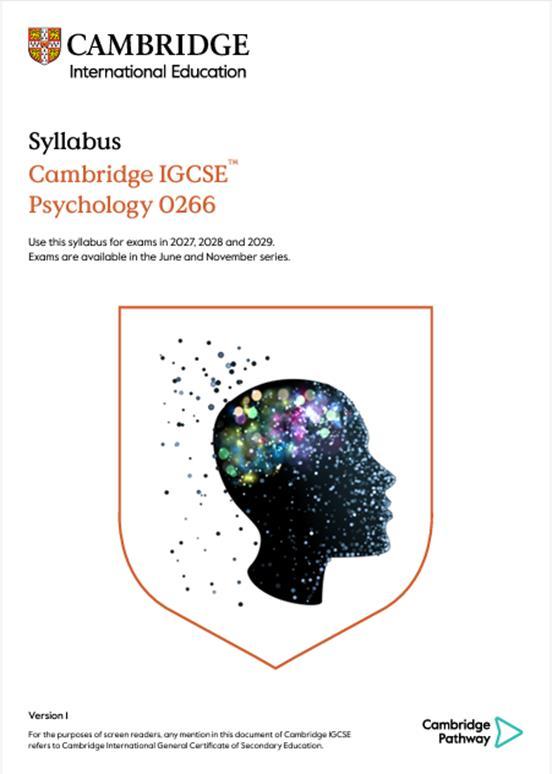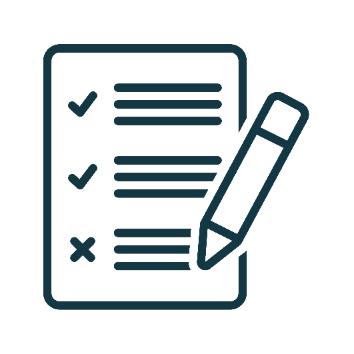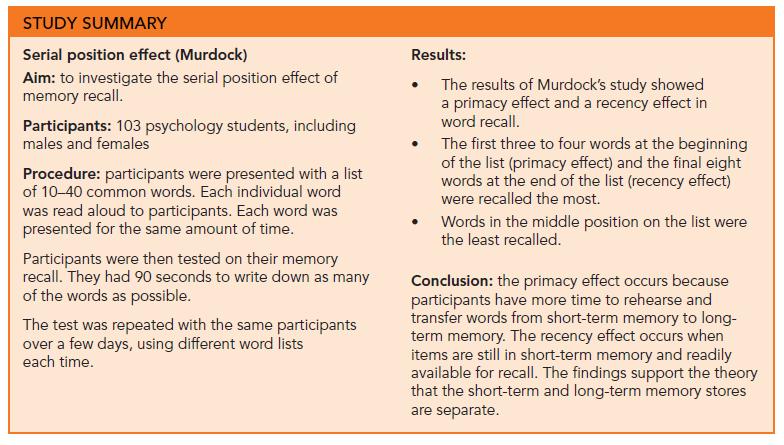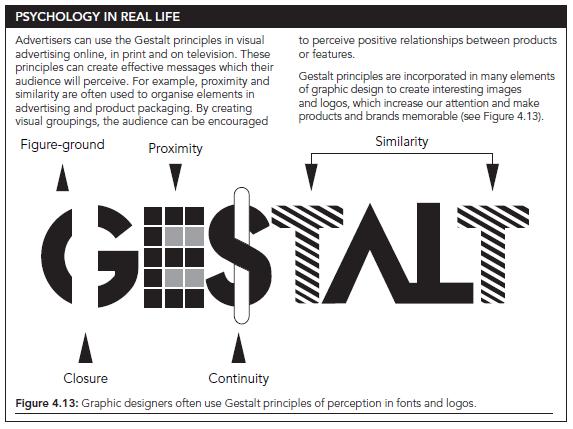

Introducing Cambridge IGCSE Psychology

An overview of the syllabus and teaching and learning resources

Sue Moffat, Carys Morley, Lizzie Gauntlett, Jennifer Wade and Laura Rogers

Meet the team





Sue Moffat
Lizzie Gauntlett
Carys Morley
Laura Rogers
Jennifer Wade


Syllabus and assessment
Sue Moffat

Introducing Cambridge IGCSE Psychology (0266)

A new syllabus for first examination in 2027

• The new Cambridge IGCSE Psychology syllabus (0266) enables students to explore the key methods, theories and concepts that provide strong foundations for further study of this subject.
• This qualification has been designed to be accessible and enable students to show their ability to apply their knowledge of psychology to everyday situations.
• Students will learn key terms, build knowledge of research methods and become familiar with the psychological approaches that support their progression to Cambridge International AS & A Level Psychology.


Introducing Cambridge IGCSE Psychology (0266)

Students are supported in developing key transferable skills such as the interpretation of evidence and the application of knowledge, while studying a range of engaging topics.
There are six compulsory topics:
• Memory and forgetting
• Sleep and dreams
• Prosocial behaviour
• Visual perception
• Motivation and needs
• Language development.
Each of the topics is supported by 3 named studies. For the exam, students only need to have knowledge of the results and conclusion(s) of each study to use in support of concepts and explanations. Summaries of the named studies, including some teaching notes, are available on our School Support Hub.

Introducing Cambridge IGCSE Psychology (0266)


Students study experimental and non-experimental research methods.
There are no named studies in the research methods section, which allows teachers to select examples relevant to their own learning context.

There are two papers in the assessment.
Paper 1 written paper, 1 hour 30 minutes, 90 marks
Paper 2 written paper,1 hour 20 minutes, 80 marks

Introducing Cambridge IGCSE Psychology (0266)
Resources:
• Specimen paper and specimen mark schemes
• Specimen paper answers
• Scheme of Work
• Summary of named studies, that includes a reference list and teaching notes

Cambridge University Press and Assessment are publishing an endorsed coursebook and digital teacher’s resource to support this qualification.
Endorsed resources will be coming to support this qualification



Teaching
and learning resources
Carys Morley

School Support Hub
Access for Cambridge Schools
Provides a range of syllabus support materials
Find out more about professional development and training
Regularly updated


School Support Hub

Scheme of work
Study summaries
Lesson planning
Specimen papers & answers
Example candidate responses
Past papers
Exercises & teaching tools


Endorsed Support from Cambridge

Endorsed offering – Cambridge IGCSE Psychology

Pub date: September 2025
Authors: Lizzie Gauntlett & Amy Kockott


Pub date: November 2025
Authors: Lizzie Gauntlett

Coursebook with digital access
Skills-based approach
Focus on active learning and engagement
Context-driven features help learners ground their learning
Named studies are provided verbatim


Named studies
• Summaries of the named studies are provided alongside the syllabus
• These contain everything learners need to know about the named studies

• These summaries are reproduced verbatim in the Coursebook in the 'Study Summary' feature
• Everything learners need to know about the named studies is therefore in the Coursebook itself.


Skills focus

• 'Activities' following learning content, focusing on new skills, enable practice
• Dedicated 'Research Methods' chapter at the beginning of the book walks learners through the skills required to succeed in the course and prepares them for further study

• 'Key skills exercises', aligned with the three Assessment Objectives (AOs)


Engagement & context
• ‘Psychology in Context’ and ‘Psychology in Real Life’ feature boxes
• Activities with Peer and Selfassessment along with Reflection boxes

• Regular visual references


Engagement & context
• ‘Psychology in Context’ and ‘Psychology in Real Life’ feature boxes
• Activities with Peer and Selfassessment along with Reflection boxes

• Regular visual references



Engagement & context
• ‘Psychology in Context’ and ‘Psychology in Real Life’ feature boxes
• Activities with Peer and Selfassessment along with Reflection boxes
• Regular visual references


Formative assessment
• Regular 'Question' features allow learners to test their knowledge and understanding
• 'Key skills exercises' provide learners with targeted AO skill practice
• 'Practice questions', written in exam style, allow learners to demonstrate their knowledge and skills in an exam-like setting
• 'Activities' and 'Discussion questions'




Student support
• 'Key points' boxes throughout chapters

• 'Key terms' and 'Command word' features to aid with language comprehension

• 'Tips' throughout chapters remind learners of important concepts or skills


• 'Making connections' encourage learners to think about the course holistically


Digital teacher’s resource
Lesson ideas specifically designed to target areas of difficulty
Tests provide further examinationstyle practice
Ready-made Worksheets to print and distribute
Guidance on introducing a new topic to students


Targeted lesson ideas
• Starter, main, plenary teaching ideas and homework ideas
• Differentiation suggestions are provided with all the main teaching ideas
• Focuses on areas that could be more challenging to learners e.g., new concepts or skills
• Some use the coursebook and some are entirely separate


Tests and Worksheets
• 'Tests' consisting of practice questions for each unit of study designed as formative assessment at the end of each chapter
• 'Worksheets' that can be printed and distributed as is or edited to suit your learners' needs



Downloadable support
Introducing Cambridge IGCSE Psychology to learners guidance document

Syllabus mapping grid
Cambridge's approach to teaching and learning Template lesson plan
Coursebook answers


Professional Development

Explore our range of professional development support
Support for a brand-new syllabus -

Cambridge IGCSE Psychology (0266) | 2027-29 Syllabus | Introduction | Online
Later in 2025 and 2026
Introduction courses – Introduce teachers to Cambridge programmes. Recommended for teachers who are new to Cambridge or to a specific qualification.
We advise to check the Professional Development Calendar for further courses at later dates.


Insights from our author
Lizzie Gauntlett

Coverage for teaching and assessment
• Comprehensive and accessible for all teachers including non-specialists
• All named study summaries included in full within coursebook
• Full glossary matched to syllabus is included


Coverage for teaching and assessment
• Opportunities for formative and summative assessment: end of topic questions, key skills exercises, practice tests

• Answers to all activities and question sets provided, with mark allocation


Engaging students
• Sparking interest – ideas for lesson starters in the coursebook and digital teacher’s resource

• Introducing key terms (topic-specific and command words)
• Thought-provoking discussion questions


Engaging students
• Numerous activities throughout each coursebook chapter and digital teacher’s resource with printable worksheets
• Reflection: to support metacognition and other Cambridge Learner Attributes
• Peer and self-assessment opportunities


Developing every individual
• Making Connections encourages learners to consider existing knowledge and experience

• Self-evaluation checklists help both teachers and learners identify specific areas for individual consolidation


Developing every individual
• Range of adaptable learning activities designed to support the needs of different students, different classrooms and learning preferences
• Use differentiation ideas in the digital teacher’s resource to support and challenge your students


Q&A Session





cambridge.org/internationaleducation
